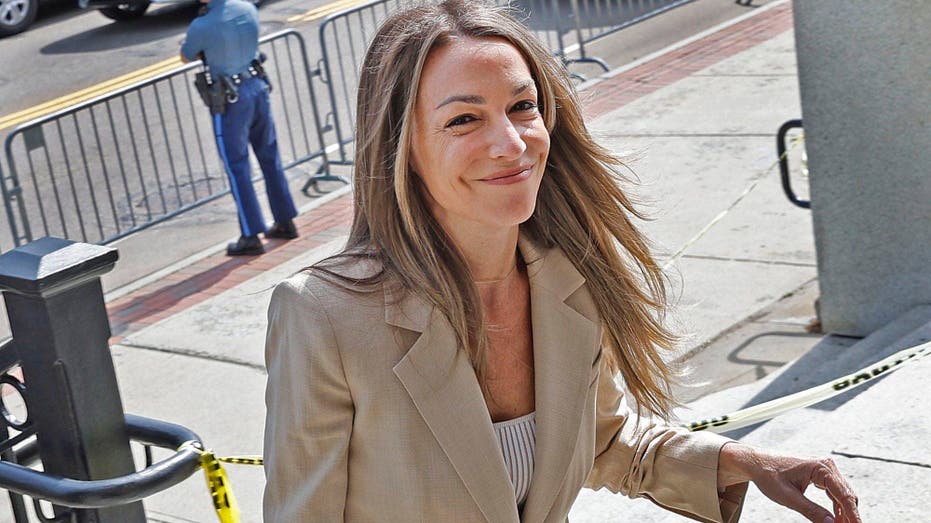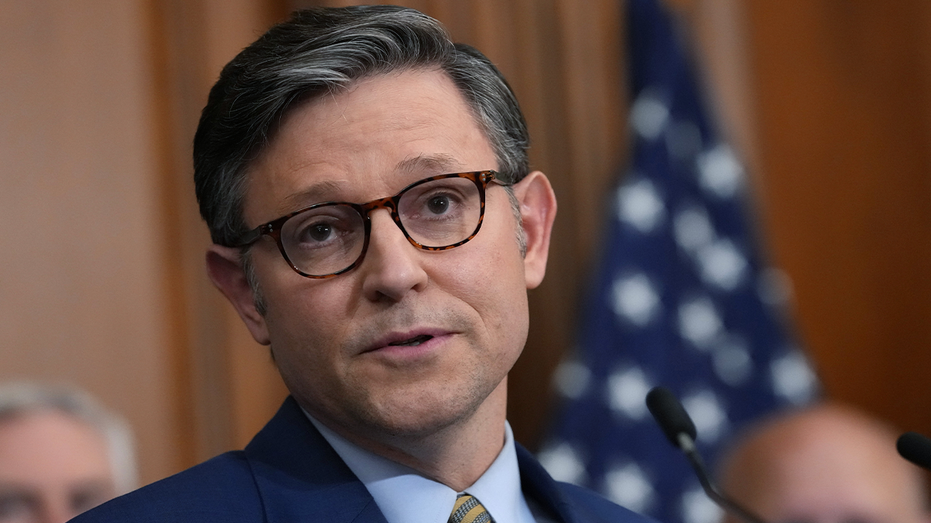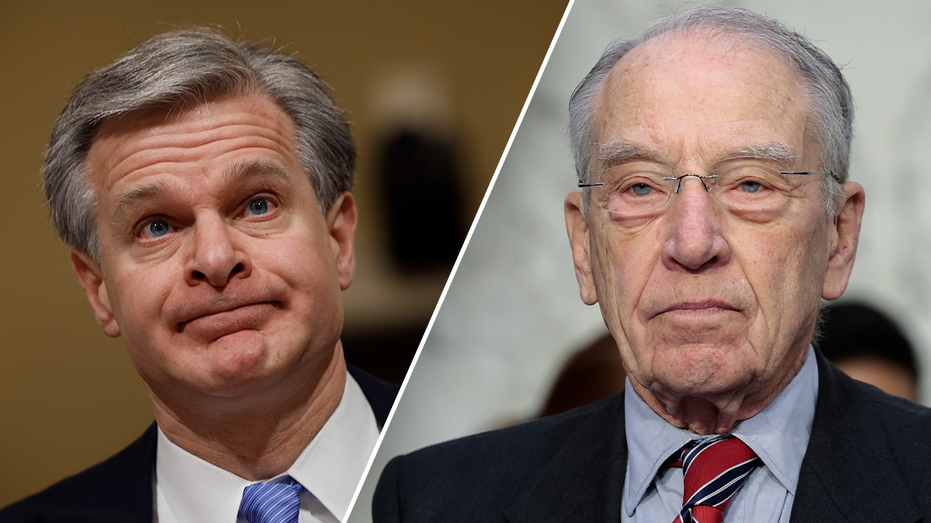Tulsa Mayor Unveils $100 Million Reparations Plan for Descendants of 1921 Tulsa Race Massacre
Tulsa Mayor Monroe Nichols IV champions a $100 million trust to revitalize Greenwood and support descendants of the Tulsa Race Massacre.

Tulsa has taken a historic step forward as Monroe Nichols IV, the city’s first Black mayor, unveiled an ambitious plan aimed at addressing the long-lasting impact of the Tulsa Race Massacre. More than a century after the tragic events that devastated the Greenwood District—once known as "Black Wall Street"—Mayor Nichols has proposed the establishment of a $100 million private charitable trust specifically targeted at reparative initiatives for the descendants of those affected.
In his announcement, Mayor Nichols emphasized that, unlike some other proposals across the nation, the trust will not distribute direct cash payments. Instead, the funds are intended to be channeled into scholarships, housing support, and significant community revitalization projects. “For 104 years, the Tulsa Race Massacre has been a stain on our city's history,” Nichols remarked, underscoring the decades of systemic disadvantage that followed the massacre, including redlining, the imposition of highways that disrupted neighborhoods, and ongoing governmental underinvestment.
The mayor’s plan outlines a timeline for securing assets; the goal is to amass $105 million in funding by June 1, 2026. A substantial portion—$60 million—is earmarked for renovating buildings and revitalizing infrastructure on Tulsa’s north side, an area disproportionately affected by the massacre and its aftermath. Nichols stressed that approval from the City Council would be required for any transfer of municipal assets into the trust, ensuring that elected officials remain involved in key decisions.
Reflecting on the historical significance of the Greenwood District, Nichols stated, “The Greenwood District at its height was a center of commerce. So what was lost was not just something from North Tulsa or the Black community. It actually robbed Tulsa of an economic future that would have rivaled anywhere else in the world.”
This local initiative comes amid a broader national conversation about reparations. Just weeks earlier, legislation proposing trillions in reparations spending was introduced at the federal level by Rep. Summer Lee of Pennsylvania. Such proposals cite legacies of slavery, Jim Crow laws, and other racially discriminatory policies as reasons for sweeping restitution to Black Americans.
Mayor Nichols concluded, “Now it's time to take the next big steps to restore,” signaling both a recognition of past injustices and a renewed commitment to building a more equitable future for Tulsa’s communities.




